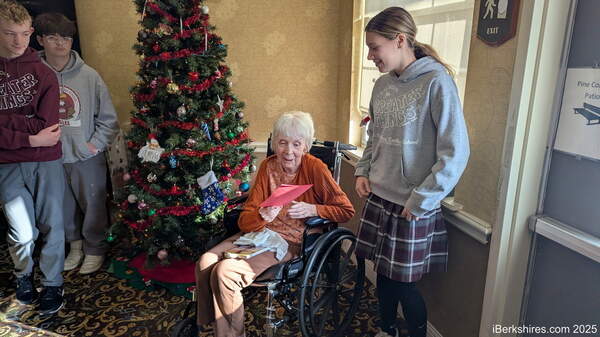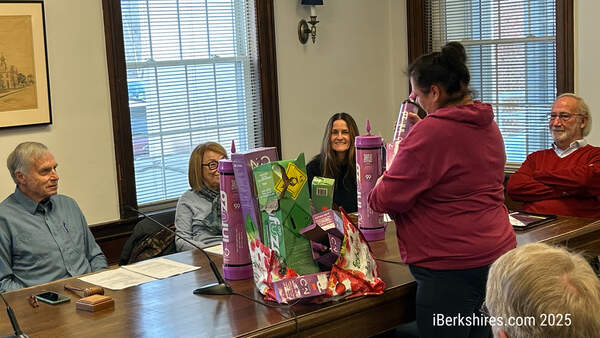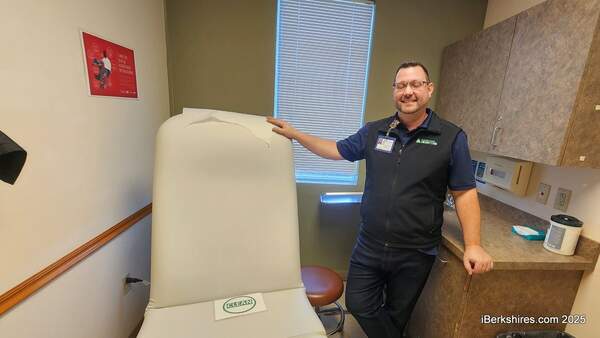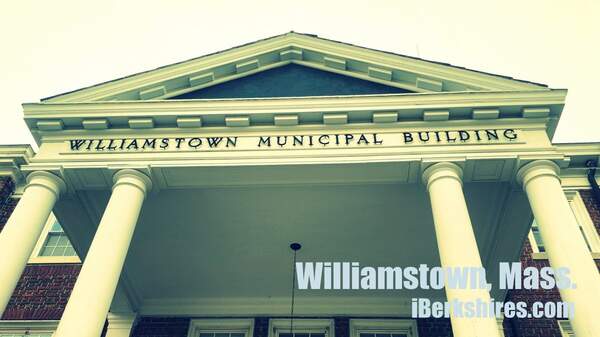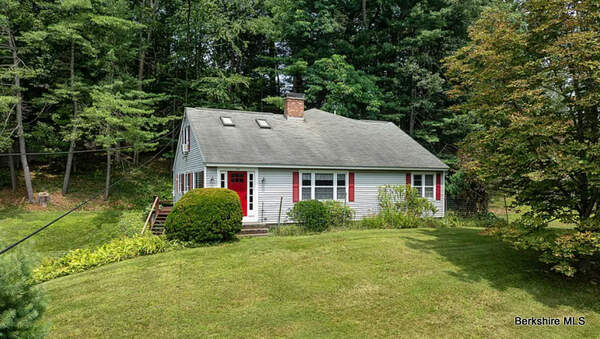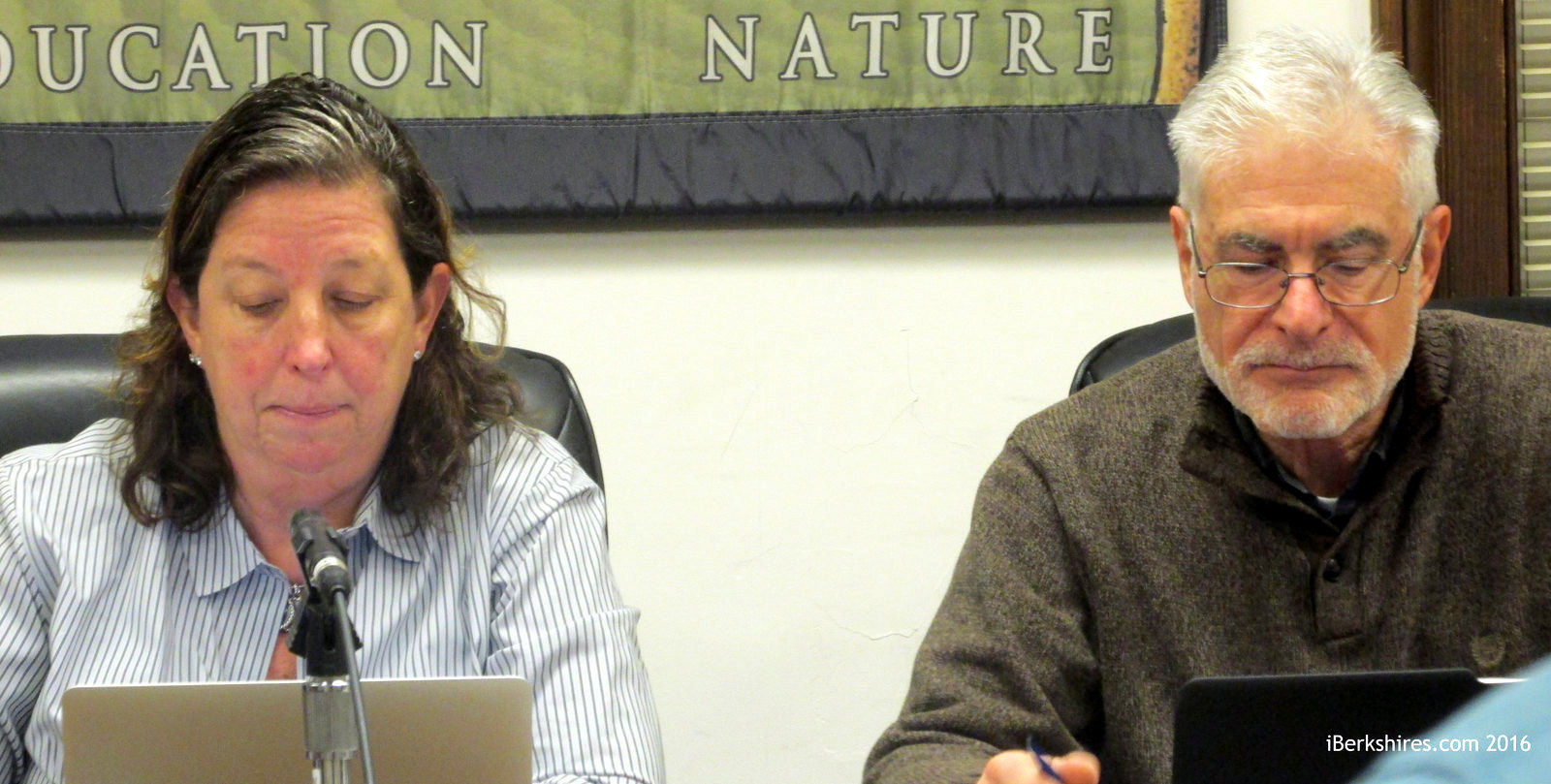
Williamstown Officials Stay Course on Community Preservation Act
WILLIAMSTOWN, Mass. — The Board of Selectmen on Monday declined to ask voters whether the town should continue participation in the Community Preservation Act.
In 2002, Williamstown voted to add a 2 percent surcharge on property valued at more than $100,000. The funds are granted each year by annual town meeting to support projects in one of three areas: historic preservation, open space and recreation and affordable housing.
On Monday, two current members of the town's Community Preservation Committee, which vets applications and makes recommendations to town meeting, suggested that after 14 years, it is time for the town to decide whether it wants to continue in the program.
Jeffrey Thomas and Chris Winters pointed out that things have changed since 2002, and it might be worth asking whether the CPA remains a town priority.
They noted that in 2002, the town and region were on the verge of an economic downturn no one at town meeting that year could have foreseen and that the state's CPA matching funds, which were at or near 100 percent the first five years of Williamstown's participation, have dwindled to anywhere from 27 to 52 percent the last six.
"Then again," Thomas said, "the town faces significant needs in the community that need to be funded by taxes. It seems a certainty our tax rate will go up to fund important school projects ... the police station, the fire station, we may need to invest in broadband.
"There are other priorities that have emerged. Given all that, I hope you all will ask the town if it wishes to continue to participate."
Thomas said town voters could be asked to take one of four courses: continue the CPA program as is, cut it entirely, scale it back to a 1 percent surcharge or increase the surcharge to 3 percent.
Thomas said his committee, which has discussed the program's future, had not drafted a warrant article itself because it was properly the responsibility of the Board of Selectmen to do so.
In fact, the current members of the CPC have not voted to take a position on whether the town should continue the program, and Thomas described himself as "officially ambivalent" on the question.
Most of the selectmen had no trouble picking a position.
"I think the program is valuable," Ron Turbin said. "The impact on the tax bill is ... on average about $60. Added to that is the infusion of state money. It's frustrating that it's gone from 100 percent to 30 percent, but it's still state money coming in.
"I've seen the CPA fund used for very successful projects. For example, it helped the Community Preschool buy the [Methodist] church, which would have been an abandoned eyesore."
Selectwoman Anne O'Connor, who serves on the town's Affordable Housing Trust, agreed that the CPA revenue is an asset to the town and particularly to the AHT, which has funded a number of programs in a relatively short span — all with CPA money.
"I'm shocked and stunned this idea is coming from Community Preservation Committee members themselves," she said. "I would expect if it was to come up it would come from citizens. If they feel that way, they can put the warrant article on the agenda. It's not hard to do.
"I haven't heard any complaints about this program until now."
Chairwoman Jane Patton, also the current chairman of the preservation committee, called it one of her favorite committees, but offered some support to the notion of a warrant article.
"One can see the value of asking the question without saying, 'Don't participate,' " Patton said. "You can ask the voters: Knowing what's going on, do you want to participate and at what level?"
Selectman Andrew Hogeland said he was reluctant to bring "academic" questions to town meeting and said the question should not be raised unless someone is actually advocating for the town's withdrawal from the program.
Any such withdrawal would not be immediate. The town just recently began paying down a 10-year bond on its commitment to the Cable Mills restoration. In 2007, town meeting made a commitment to spend $1.5 million in CPA funds to support that project, and the bulk of the bill is coming due now that the long-delayed apartment complex is coming on line.
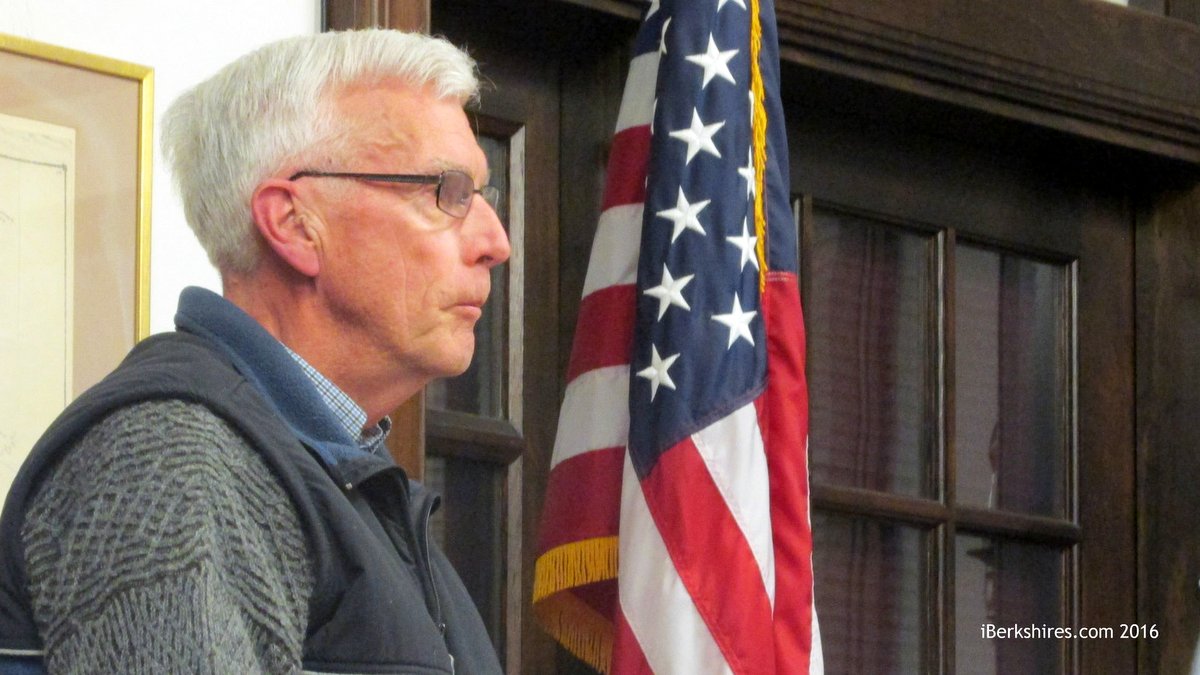
There was no shortage of advocates for the selectmen taking no action on the withdrawal proposal.
Conservation Commission Vice Chairman Henry Art noted that the Con Comm has a representative on the CPC, and this was the first he was hearing about the idea of killing the program, which has funded commission projects in the past.
"I agree that having a community discussion on this is healthy," Art said. "But there hasn't been community discussion. There hasn't even been board discussion. I think it's premature to have a warrant article in May."
CPC member Pat Leach, who serves on the board of the Williamstown Historical Museum, said the small nonprofit can use the historic preservation funds it receives from the CPA as leverage to get additional funding from state and private grants.
"It's not just 30 cents on the dollar," she said, referring to the state match of town CPA revenues.
Both Affordable Housing Committee Chairman Van Ellet and Affordable Housing Trust Chairman Tom Sheldon told the the board that the CPA funds are critically important to the town's efforts to create affordable housing.
"I can quote you chapter and verse what the Affordable Housing Trust has done, and I'm extremely proud of what it's accomplished and what I hope it can continue to accomplish," Sheldon said. "We wish we had other sources [of revenue]. But the fact of the matter is we're a governmental entity, and there are not a lot of sources in the not-for-profit sector to help governments. The assumption is they can help themselves."
Ellet told the board that half the housing trusts in the commonwealth are dormant, and the rest, like Williamstown's, are funded by CPA revenue.
In the end, there was no motion from the BOS to ask Town Manager Jason Hoch to start working on a draft warrant article to address the CPA.
The Board of Selectmen did vote to send two letters to Boston in support of legislation currently in the works on Beacon Hill.
There was unanimous and enthusiastic support for a letter calling on the commonwealth to increase the solar energy net metering cap and spur more solar electricity production. Projects like the one at the Williamstown landfill are currently on hold because the state's production has bumped up against that cap.
"Solar is working out here [in the Berkshires]," O'Connor said. "It's working for the people of Williamstown. It's contributing to a solar economy that's booming in Massachusetts and bringing jobs to Massachusetts. It's moving us to more renewable energy sources.
"Overall, it's very positive for Williamstown and the state of Massachusetts."
The board also voted 3-0-2 to send a letter in support of legislation that would spur natural gas utilities to detect and plug leaks.
Resident Stephanie Boyd told the board that currently gas companies are allowed to charge customers for "unaccounted for gas" losses. Because of the commonwealth's "old, decrepit" infrastructure, that can account for 1 to 4 percent of a consumer's bill.
The legislation would end the practice of allowing the utilities to charge customers for gas lost to leaks and thereby incentivize repairs to the pipes, she said.
A map on the website of the non-profit Home Energy Efficiency Team shows 14 active gas leaks in Williamstown as of Dec. 31, 2015.
Boyd said both Sen. Benjamin B. Downing and Rep. Gailanne Cariddi support the gas leak legislation.
Selectmen Hogeland and Hugh Daley abstained from Monday's vote on the letter. Hogeland said he did not feel comfortable committing the town to a position on legislation that does not directly impact the town (unlike, say, net metering, which is directly holding up a town solar project). And he said he would like to have more information on the question before going forward.
"I'm going to abstain — not because I'm against you but because I'm not quite for you," he told Boyd.
Tags: Community Preservation Act, CPA, town meeting 2016,

